Gentle Support For The Caregiver Who Never Asks for Help
Because You Care Deeply
You don’t complain. You don’t make a scene. You just keep showing up.
You remember the medications. You clean the dishes. You rearrange your life around everyone else’s needs. And somehow, people still say, "You’re so strong."
But what they don’t see is the cost. The exhaustion. The silent resentment. The fear of what happens if you don’t show up.
This space is for you. The caregiver who’s been steady, quiet, and under-supported for too long.
You Don’t Have to Be the Strong One Every Day
There is no award for doing this silently. And there’s nothing weak about needing support. What you might need most right now is:
Permission to stop holding it all in
Words to explain what you’re carrying
Tools that lighten your load without adding more to it
You’ll find all of that here. And no one will ask you to "do more" to get it.
What You'll Find Here
📖 Blog Posts That Get It Stories and strategies for caregivers who feel like they have to be everything for everyone.
✨ Soft Tools for Heavy Days Scripts, reminders, and simple shifts that take the edge off the overwhelm.
🚫 Zero Judgment, Just Relief Products and resources that help you rest, cope, and recover. No guilt attached.
Start With Something Small:
One Small Shift
A gentle daily moment of support, from one caregiver to another.
Between doctor’s appointments, work calls, and trying to remember when you last took a deep breath, it’s a lot. You don’t need a 40-page guide. You need one helpful thing that actually fits into your day.
That’s what One Small Shift brings:
📧 One short email each day (takes under two minutes to read)
💞 A real story, tool, or mindset shift from a caregiver like you
🛠 A small action that helps you feel lighter, emotionally or practically
Free. Gentle. Real-life tested.
🔓 Plus, when you join, you unlock helpful tools like:
✅The Caregiver Starter Kit
✅Mistakes to Avoid When Choosing Care
✅Senior Living Tour Checklist
✅Clarity Checklist: What Your Parent Really Needs
✅40+ Trusted Resources Directory
You deserve support that works in your real life — not just on paper.
You’ve Been Strong Long Enough
This isn’t about letting go of your strength. It’s about letting someone else support it, too. Start where you are. And know that needing help doesn’t make you weaker. It makes you human.
Talk With Purpose
31 Days of Scripts & Strategies For Families Navigating Senior Living Options
If conversations about caregiving feel heavy, tense, or just too complicated to start, this guide was made with you in mind. You’ll get 31 scripts written for real-life moments:
✅Checking in on a parent without sounding pushy
✅Asking for help from siblings without guilt
✅Starting care planning talks without sparking conflict
Each script comes with:
✅ A relatable Scenario
✅ A ready-to-use Script
✅ A short Strategy Tip so you understand why it works
✅ A Reflection Prompt to help you build confidence over time
You don’t have to go in order. You don’t have to finish it fast. And you definitely don’t have to do it all at once. Start with the part that feels easiest.
There’s even a page called: “Ways to use this even when you’re exhausted.”
Because connection shouldn’t require perfection, just a little help getting started.
Support Isn’t Giving Up
It’s Planning With Love
You’ve been showing up, day after day, checking in, filling in the gaps, carrying more than most people see.
If the conversations you’ve started with Talk With Purpose have you thinking, “What happens next? What if this gets bigger than I can handle?” You’re not alone and you’re not behind. The Senior Living Guides were made for moments like this.
Whether you’re considering home care, assisted living, or just starting to explore what’s out there, each guide gently walks you through:
What each care option really means
What questions to ask (without sounding pushy)
How to talk about it with your parent and siblings
What small step you can take, even if a decision feels far off
You’re not making promises. You’re not giving up. You’re just gathering information with love, because that’s who you are.
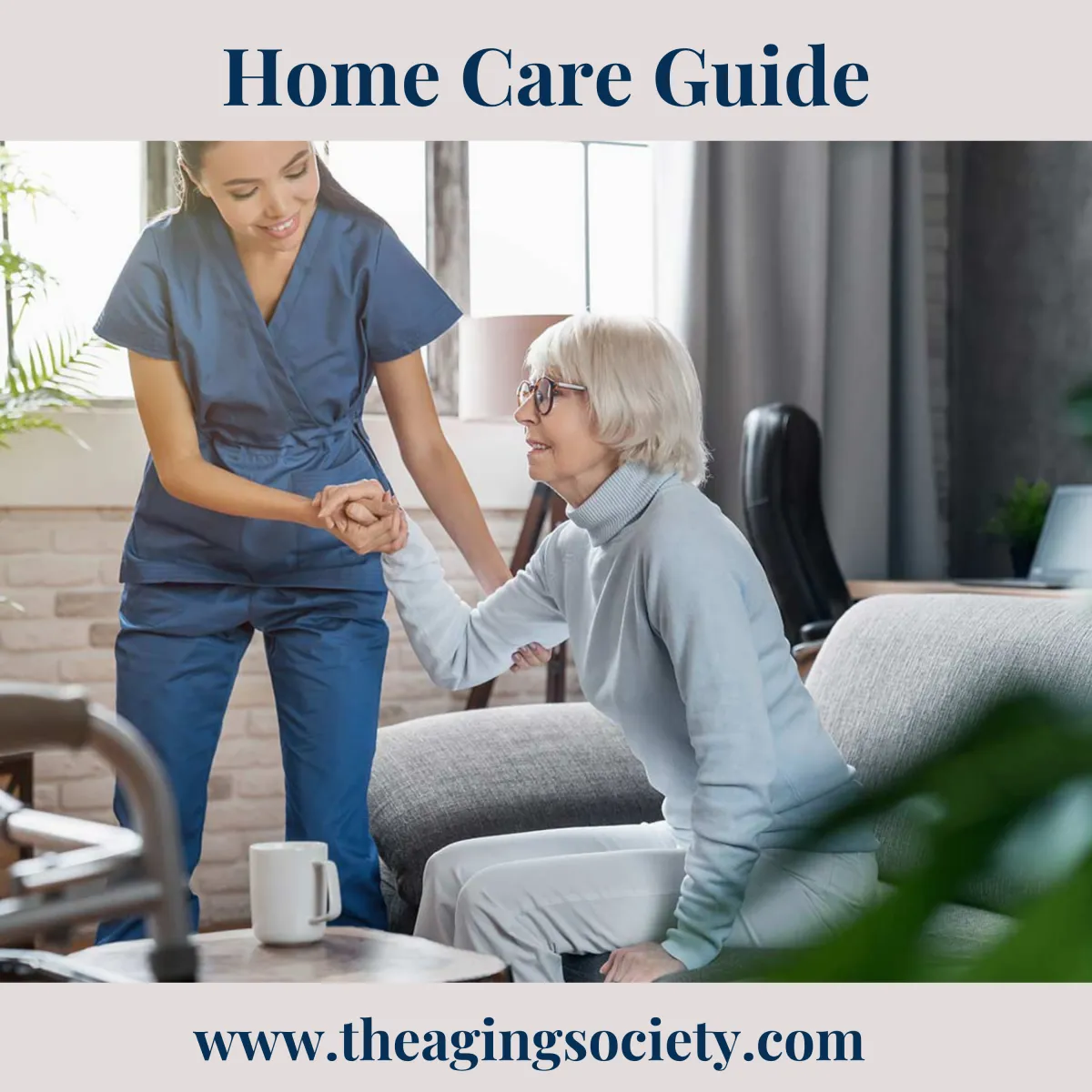
Not ready for a big move? This guide walks you through what quality home care looks like, how to choose the right help, and how to protect your parent’s safety and independence.
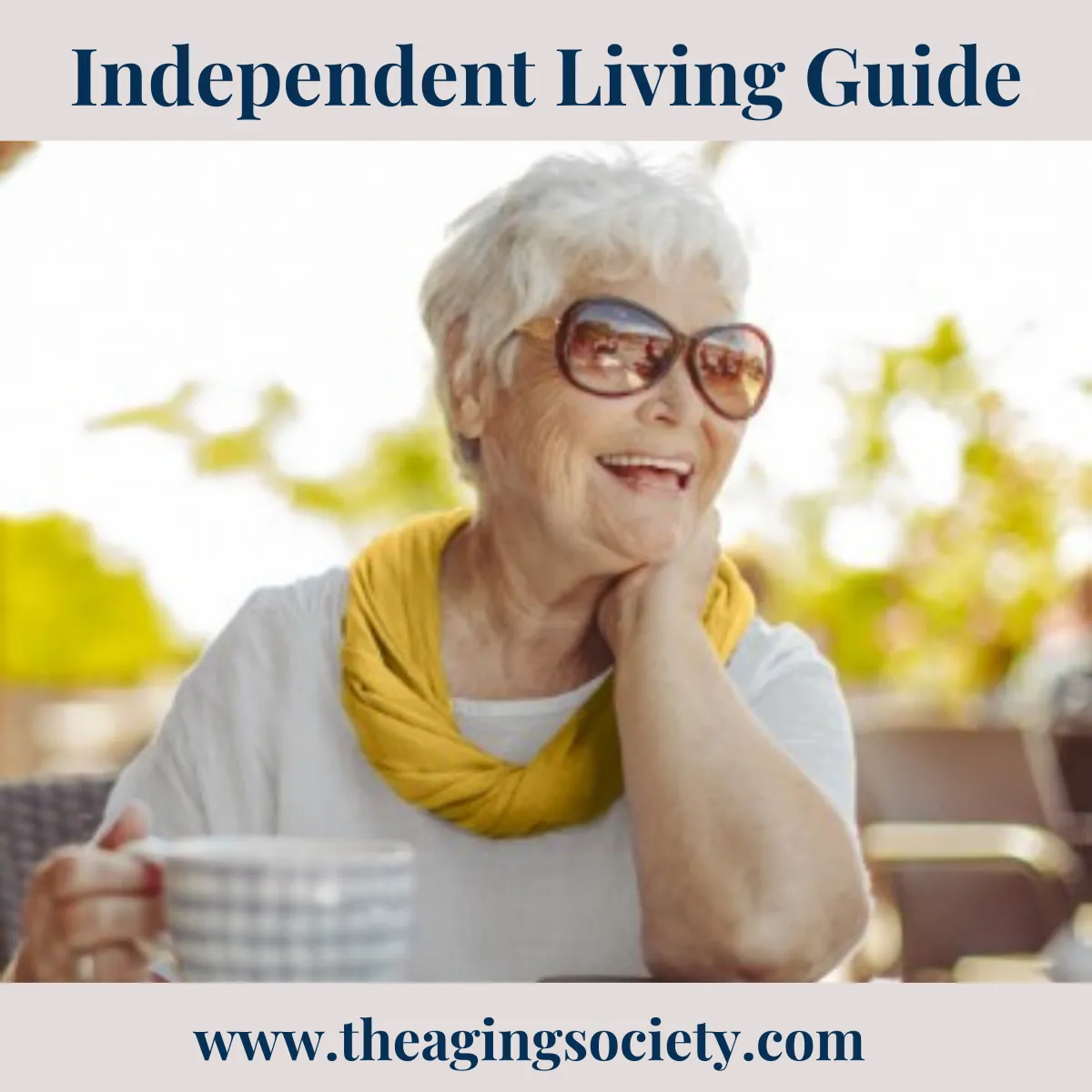
Wondering if your parent just needs a little community and support, but not full-time care? This guide helps you evaluate independent living options, including key questions and red flags.
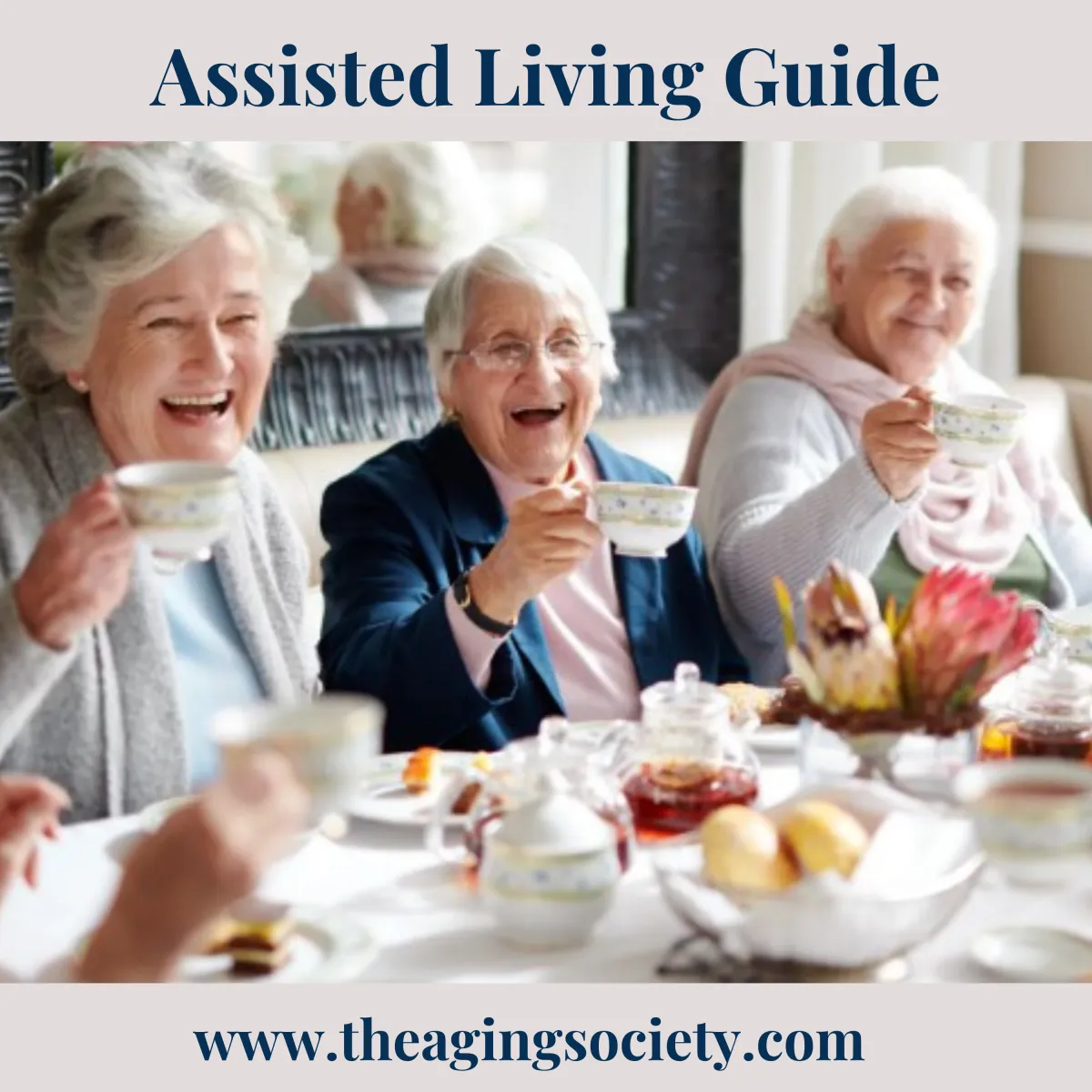
From bathing and meals to meds and mobility, this guide helps you know when assisted living might be the right step, how to tour facilities, and how to make the decision with less guilt and more confidence.
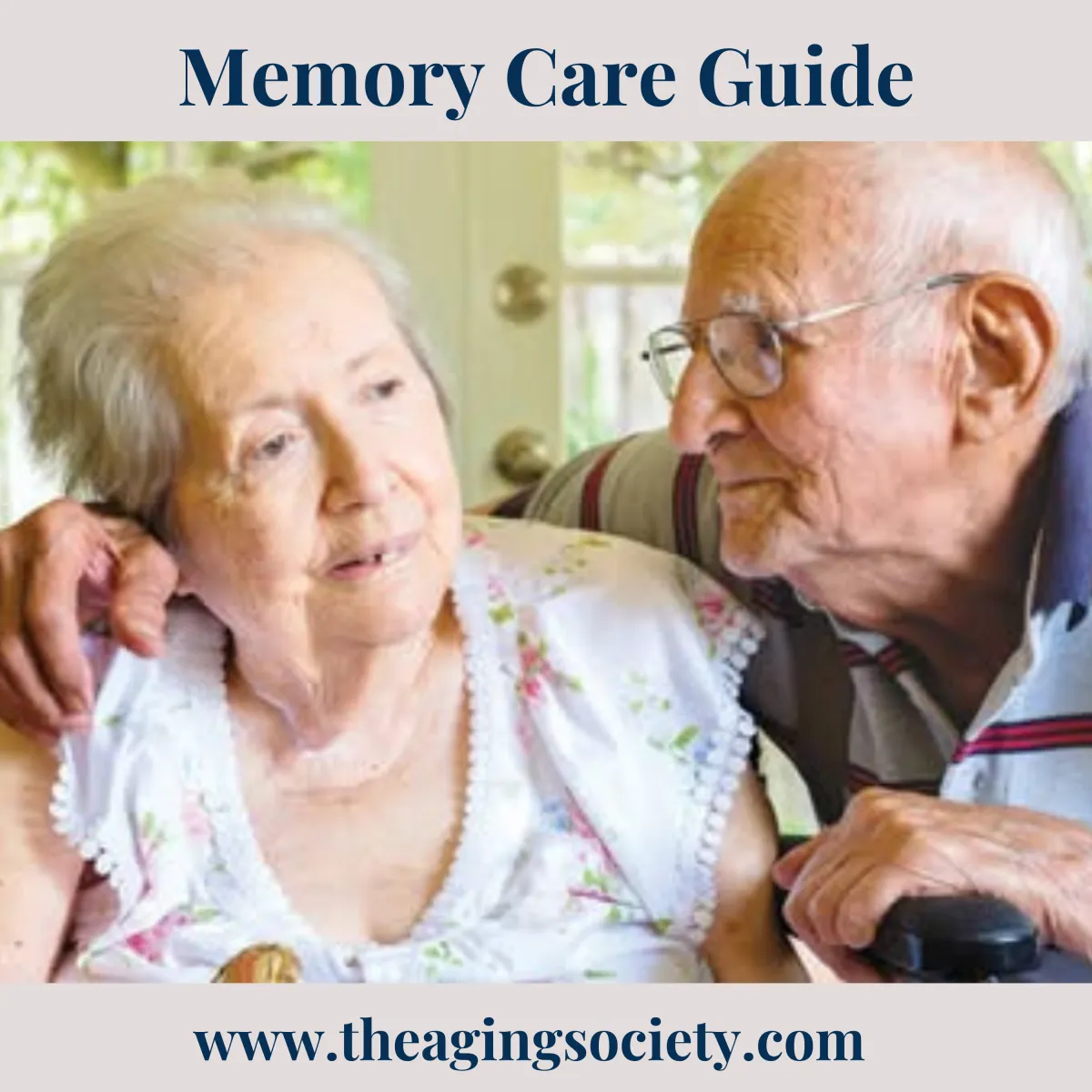
When memory loss is affecting safety or personality, this guide helps you understand what memory care really means, and how to make a thoughtful plan rooted in love and reality.
Gentle Help For The Quiet Caregivers
One Small Story
These posts are for caregivers who show up every day, and rarely ask for anything in return.
Here, you’ll find calm, reassuring guidance that meets you in your quiet strength.
Because even the most dependable caregivers need care too, especially the ones who never say it out loud.
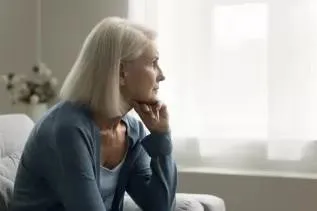
The Silent Sacrifice of Caregiving | Finding Strength When You Feel Invisible
You show up every day, with meals, meds, kindness, and a cracked heart. But who sees you? This post speaks to the quiet kind of pain that builds when caregiving becomes your whole world… and your voice gets lost in the process.
There’s a kind of exhaustion that doesn’t show up in your voice or your calendar. It hides behind the calm “I’m fine,” the small smile when someone says, “You’re such a good daughter.” It builds slowly, in the in-between spaces, after the medication’s given, after the dishes are done, after your loved one has finally settled down.
It’s the kind of exhaustion that comes from being needed all the time… and rarely noticed for it.
Caregiving is love, yes. But it’s also loss. Of time, of identity, of your own needs. And when that weight feels like too much to carry, what do you do? Especially when even saying “I’m overwhelmed” feels selfish, or worse, like betrayal.
This post isn’t here to give you more tips or remind you to “take care of yourself.” You already know that. This is here to sit beside you in the quiet ache. To name the silent sacrifice. And to remind you: you’re not invisible, even if it feels that way.
The Hidden Weight Behind Caregiving
Caregiving doesn’t just happen in big moments. It unfolds in hundreds of small, often unseen actions, making sure the pillbox is filled, checking expiration dates on food, and keeping the house safe. Each act is love, but also responsibility.
And that responsibility builds like sediment, layer upon layer, until you can hardly remember what it felt like to live without it. No one claps for the quiet, daily devotion. Yet without it, everything would fall apart.

Love and Loss in the Same Breath
One of the hardest truths about caregiving is that love and grief coexist. You give because you love. But in giving, you also lose, pieces of yourself, moments you can’t get back, even friendships or opportunities.
Sometimes you mourn the parent or partner you once knew, even as you sit beside them. That double life of loving while grieving is its own kind of heartbreak.
Why Feeling Invisible Hurts So Deeply
Being unseen doesn’t just bruise your feelings. It can erode your sense of self.
The Loss of Recognition and Identity
Caregivers often find their whole identity reduced to their role. You stop being known as “Susan, who loves gardening” or “Michael, who tells the best jokes” and instead become “the one who takes care of Mom.” That shift hurts more than people realize.
The Unspoken Loneliness of Caregiving
Even in a full house, caregiving can feel isolating. You’re surrounded by tasks, by needs, but not always by understanding. It’s a loneliness that hides in plain sight.
Finding Your Voice Without Guilt
Naming your needs doesn’t make you selfish. It makes you human.
Gentle Ways to Share Your Truth
Start small: a journal entry, a text to a friend, a whispered, “Today is hard.” Speaking aloud your exhaustion doesn’t diminish your love, it honors your truth.
Building Circles of Support
Support doesn’t have to come from one person. It can be layered, a sibling who checks in weekly, a neighbor who drops by, an online caregiver group that understands. Every small acknowledgment adds light to the silence.

The Silent Sacrifice of Caregiving: Acknowledging Your Own Story
The silent sacrifice is real. It’s heavy. But silence doesn’t mean invisibility. Each act of care you’ve given has shaped not just your loved one’s days, but your own story. And that story deserves to be told, to yourself, to someone who will listen, or even just on the page.
FAQs About Feeling Invisible as a Caregiver
Why do I feel so unseen when I’m doing so much?
Because caregiving often happens in private, its impact isn’t always recognized. Your feelings are valid invisibility is a real part of the experience.
Is it wrong to want acknowledgment?
Not at all. Wanting to be seen doesn’t take away from your love. It’s a core human need.
How can I ask for support without feeling guilty?
Try framing it as an invitation: “I’d love it if you could check in on me once in a while.” It’s not a demand it’s sharing what sustains you.
What if no one seems to understand what I’m going through?
Seek out others who’ve walked the same path. Online caregiver communities, local support groups, or even faith leaders can offer the recognition you deserve.
Final Thoughts: You Are Seen, Even in the Silence
The truth is, caregiving can feel like disappearing. But you are not invisible. You are showing up with love, strength, and quiet courage. And while the world may not always see it, that doesn’t make your sacrifice any less profound.
Take a moment, right now, to breathe and remind yourself: My story matters too.
One Small Moment
From One Caregiver to Another
This isn’t just another resource drop. It’s a pause. A moment. A soft landing at the end of a hard week. Whether you’re managing appointments, navigating family conflict, or just trying to keep going without falling apart, you deserve a space that sees you.
Join the newsletter with 2000+ Caregivers like you who trust The Aging Society for emotional clarity, practical support, and honest conversation.
You show up for everyone else. Let this newsletter show up for you!
From Other Caregivers Like You
“I didn’t realize how much I was carrying until I read one of the posts and started crying. It was the first time I felt seen.”
“This site feels like a soft landing. It doesn’t push you — it just helps you feel less alone, one small thing at a time.”
“I used to think I wasn’t a ‘real’ caregiver because I wasn’t doing the medical stuff. Now I know that showing up, emotionally, mentally, matters too.”
“People always tell me I’m strong. But what I needed was someone to say, ‘You don’t have to do it all.’ That’s what I found here.”
“What I needed wasn’t more information, it was permission to act without guilt. This space helped me trust myself again.”
"The tools here don’t just give you information, they make it feel doable. From the match guide to the family scripts, I finally feel like I can handle what’s ahead without losing myself in the process."
© 2025 The Aging Society. All rights reserved.
For families navigating senior care, find clarity, compassionate support, and trusted resources for senior care.
It all starts with One Small Shift.